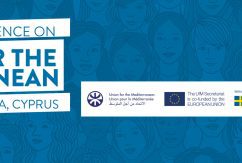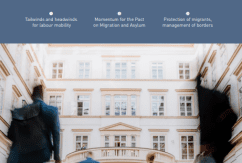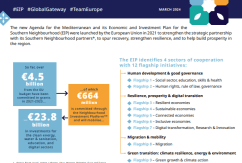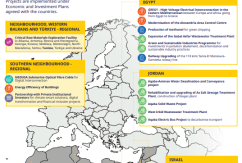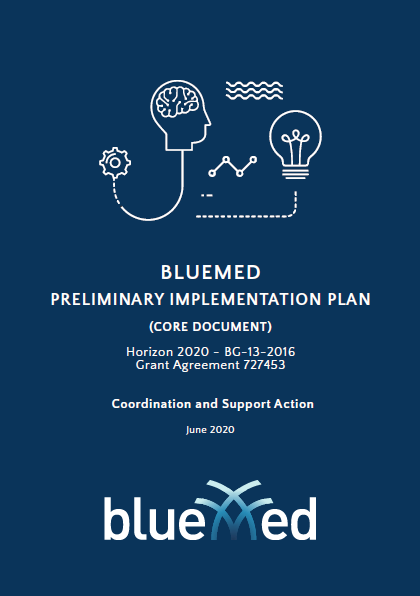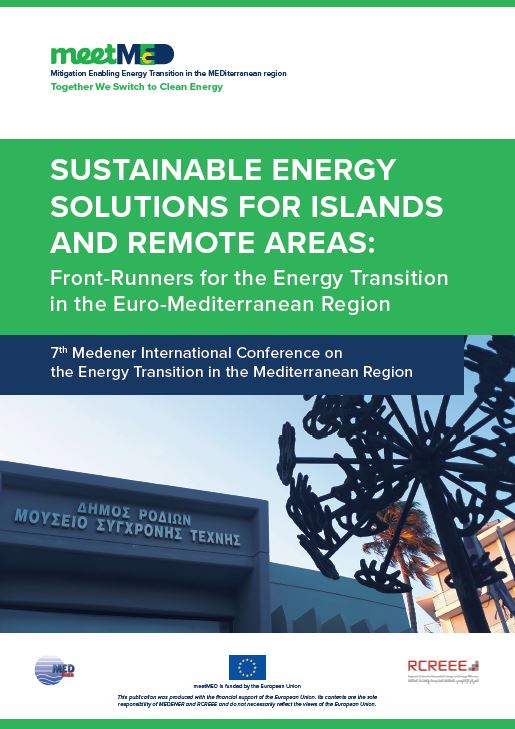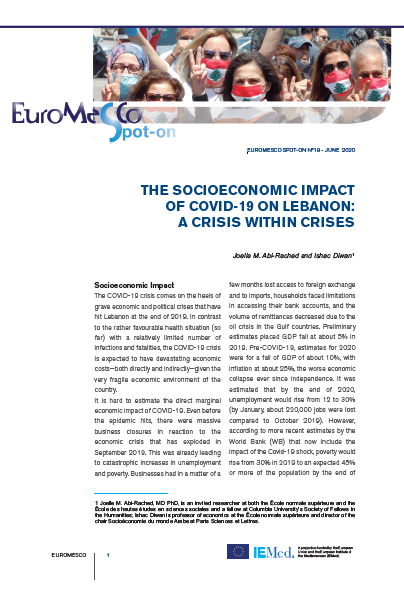TRAFIG Working Paper No. 3 – Governing protracted displacement – An analysis across global, regional and domestic contexts
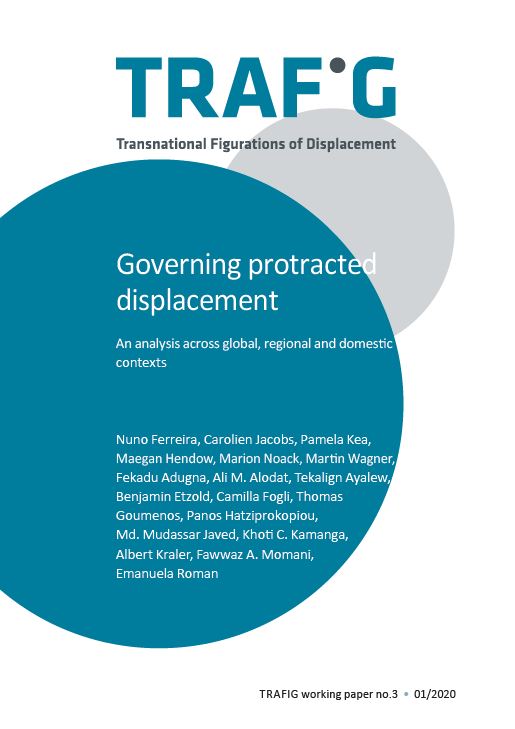

This working paper explores the governance of protracted displacement across global, regional and domestic levels in the context of the project “Transnational Figurations of Displacement” (TRAFIG). The multiple contemporary crises that have led to forced displacement show not only the limits of a tight definition of ‘refugee’, but also highlight the gaps in international protection frameworks. A significant number of those forcibly displaced are in protracted displacement situations.
This paper is an effort to make sense of the legislative and policy frameworks of protection that apply globally, regionally and domestically, and the way in which these frameworks facilitate or hinder solutions for people in protracted displacement. We evaluate how these frameworks contribute (directly or indirectly) to resolving or creating protracted displacement, assess how they contribute to relevant policy developments and identify engagement trends and (unintended) effects. Along the way, we also draw comparative insights across different global, regional and domestic levels, including eight different countries that host large groups of displaced people and are the focus of the TRAFIG project: Greece, Germany and Italy in Europe; Ethiopia, the Democratic Republic of Congo (DRC) and Tanzania in Africa; and Jordan and Pakistan in Asia.
